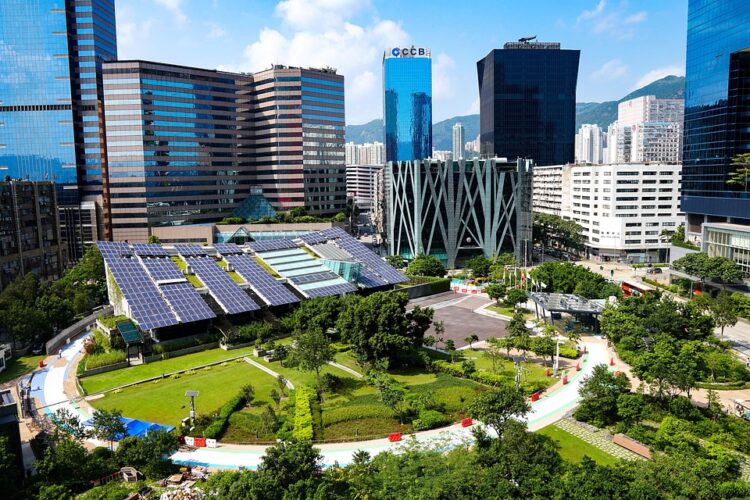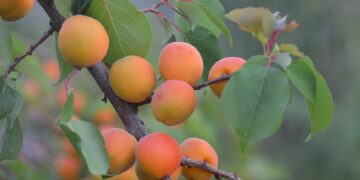Harvesting Sustainability: The Future of Water-Efficient Farming
As the world’s population continues to grow, the demand for food is increasing at an unprecedented rate. With limited resources and the looming threat of climate change, it is crucial for farmers to adopt sustainable practices that will ensure the long-term viability of agriculture. One of the key components of sustainable farming is water efficiency, as water is a precious resource that is essential for crop growth. In this article, we will explore the importance of water-efficient farming and how it can help secure the future of agriculture.
The Importance of Water-Efficient Farming
Water is a vital component of agriculture, as crops require water to grow and thrive. However, water is a finite resource, and many regions around the world are facing water scarcity due to factors such as droughts, over-extraction of groundwater, and pollution of water sources. In order to ensure the sustainability of agriculture, farmers must adopt water-efficient practices that minimize water wastage and maximize crop yield.
Water-efficient farming not only helps conserve water resources, but also has a number of other benefits. By using water more efficiently, farmers can reduce their production costs, increase their crop yields, and improve the quality of their produce. Additionally, water-efficient farming practices can help mitigate the impact of climate change, as they can help farmers adapt to changing weather patterns and ensure the resilience of their crops.
Key Strategies for Water-Efficient Farming
There are a number of strategies that farmers can adopt to improve water efficiency on their farms. One of the most effective strategies is the use of drip irrigation systems, which deliver water directly to the roots of plants, minimizing water wastage and maximizing crop yield. Drip irrigation systems can be customized to suit the specific needs of different crops and can be controlled remotely using smart technology, making them a highly efficient and sustainable option for farmers.
Another key strategy for water-efficient farming is the implementation of rainwater harvesting systems. Rainwater harvesting involves collecting and storing rainwater for later use in irrigation, reducing the reliance on groundwater sources and minimizing water wastage. Rainwater harvesting systems can be simple and cost-effective to install, and can provide a reliable source of water for crops during periods of drought or water scarcity.
Crop rotation and cover cropping are also important practices for water-efficient farming. By rotating crops and planting cover crops, farmers can improve soil health, reduce water runoff, and increase water infiltration, leading to more efficient water use and higher crop yields. Additionally, these practices can help reduce the need for synthetic fertilizers and pesticides, further enhancing the sustainability of farming operations.
The Future of Water-Efficient Farming
As the global population continues to grow and the effects of climate change become more pronounced, the importance of water-efficient farming will only increase. In order to secure the future of agriculture, farmers must continue to innovate and adopt new technologies and practices that will improve water efficiency and sustainability on their farms.
One promising technology that is poised to revolutionize water-efficient farming is precision agriculture. Precision agriculture involves the use of sensors, drones, and other advanced technologies to monitor and optimize crop growth, soil health, and water usage in real time. By collecting and analyzing data on factors such as soil moisture, temperature, and nutrient levels, farmers can make more informed decisions about irrigation, fertilization, and pest control, leading to more efficient water use and higher crop yields.
Another important trend in water-efficient farming is the development of drought-resistant crops. Plant breeders are working to develop crops that are more resilient to drought and other environmental stresses, allowing farmers to maintain high yields even in the face of water scarcity. By planting drought-resistant crops, farmers can reduce their water usage and increase their resilience to climate change, ensuring the long-term sustainability of their farming operations.
Conclusion
Water-efficient farming is essential for the long-term sustainability of agriculture. By adopting practices such as drip irrigation, rainwater harvesting, crop rotation, and precision agriculture, farmers can improve water efficiency, reduce production costs, and increase crop yields. As the effects of climate change become more pronounced, it is crucial for farmers to innovate and adopt new technologies and practices that will ensure the resilience and viability of agriculture in the face of water scarcity and other environmental challenges. By embracing water-efficient farming, farmers can help secure the future of agriculture for generations to come.











